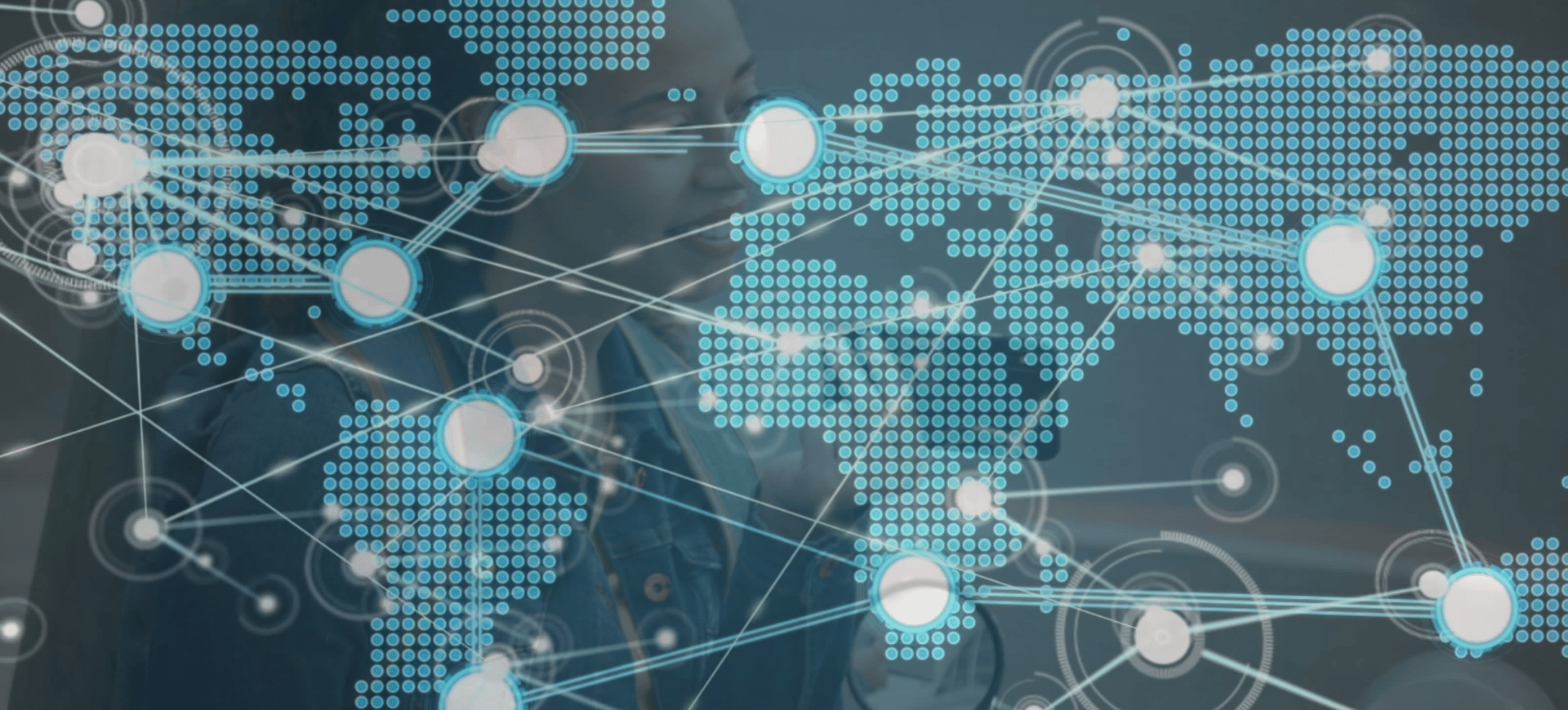Breaking the cycle of eroded trust
Too many promises have been broken and too many inequities ignored in the Global South. To move past this, we need to work together, remove bureaucratic hurdles and ensure we are amplifying the voices of those who need it the most
Leadership and active citizenship are critical elements of every political agenda.
Health is no exception and rests on three pillars: science, politics and activism.
Leadership means many things to many people, but at the end of the day it is only meaningful if it finds solutions to people’s problems, exercises good governance, keeps its promises and shows accountability.
Indeed, citizens hold leaders accountable and monitor promises made.
Unfortunately, too many promises are made and too many promises are broken. This leads to the erosion of trust. Some of those big promises are still very familiar: Health For All by the year 2000, the Alma Ata Declaration on primary health care back in 1978, the World Health Organization’s 3 by 5 Initiative to provide antiretroviral treatment in low- and middle-income countries, and universal health coverage. Plus there are the slogans – most recently, coming out of the Covid-19 pandemic, ‘None of us is safe until all of us are safe’. They communicate equity and solidarity that often fail to materialise in reality.
Disillusionment and inequity
Health has come to reveal inequities that exacerbate mistrust, particularly among people in civil society from the Global South. Recent shocks such as Covid-19 have caused disillusionment with global solidarity.
As a result, many questions are raised by civil society actors. Why are neglected diseases tropical ones? Why are there not enough cholera vaccines? Why does it take so long to develop an efficacious malaria vaccine? Why are resources mobilised and deployed at scale globally only when a health issue becomes a threat to rich countries?
Sovereignty, decolonisation and localisation are now leitmotifs, and no actor – neither national nor international – is off the hook from the point of view of civil society or activists.
Activists and civil society organisations demand that they participate meaningfully in designing, implementing and evaluating health programmes, while they keep their independence so they can challenge national and international health systems.
There is now a perspective that having a problem has itself become the source of one’s legitimacy and, to a certain degree, power. It can translate into how to access affected communities, how to carry out contact tracing, and how to share data and share the benefits derived from that data. Hosting a virus in our own body is a form of expertise that also gives legitimacy.
Amplifying voices
The human faces of epidemics – the faces of the people living in the communities that are affected – have become increasingly important. Thanks to the activism of people living with HIV, community members today are claiming a seat at the table, leading to membership in United Nations and multilateral agencies, and serving on the boards of organisations such as UNAIDS, the Global Fund and Roll Back Malaria. With community perspectives and voices amplified through social media, different forms of organisations are emerging to become critical actors and partners in responding to global health challenges. They are contributing to greater and more equitable access to health commodities. They put human rights and the protection of people living and affected by diseases at the centre, and they call for fighting stigma and discrimination as the best way to create an enabling environment to respond to health challenges.
There are still some barriers: fighting for a seat at the table at the national level depends on political systems; rigid UN rules and procedures always put member states first; and there are other bureaucratic hurdles. But the gains that have been made are so important that we now operate from a different baseline. Some of these would not be possible if renegotiated in today’s polarised world. Language referring to men having sex with men, injecting drug users, sex workers and their clients may not make it easily into UN and other multilateral political declarations.
But the reality of today is that we have to realise there is a new normal. The new normal is change, which is happening, and happening extremely fast, and it is accelerated by social media and digitalisation. That leads to impatience, particularly among civil society actors. Governance is exercised outside the board room, so we need to take into account everything that is happening in both informal and formal settings. We need to break the vicious cycle of panic and neglect. We have early alert systems now: an early alert means we need to act early, engage with communities and build their resilience so they are able to cope with health shocks and hazards.
The way forward is through partnership – between men and women, rich and poor, urban and rural, this generation and the next one – to bring health and politics where they belong: finding solutions, saving lives and alleviating human suffering. ▪












